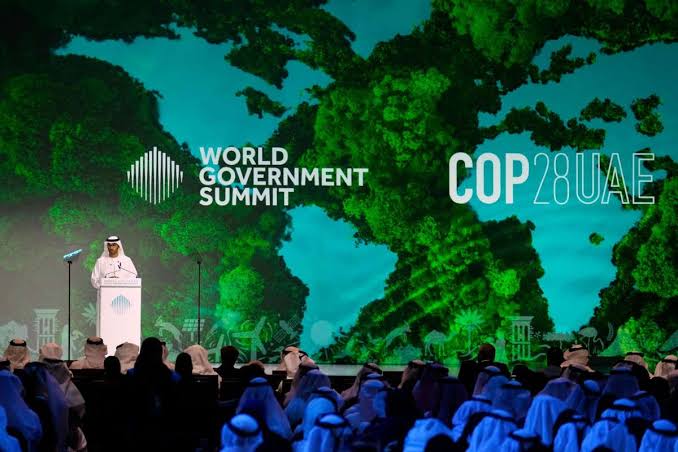Climate Activists Dismayed by COP28 Outcome: “Empty Pockets and Empty Promises”
Environmental groups expressed disappointment today with the outcome of the COP28 UN Climate Summit, arguing that it fails to address the urgent need for a fast, fair, funded, and full phase-out of fossil fuels.
While delegates celebrated the “UAE Consensus” reached at the summit, Friends of the Earth International (FoEI) pointed to significant loopholes in the agreement that could prolong the fossil fuel era.
“The COP28 deal has fallen short of delivering meaningful commitments on fossil fuel phaseout and urgently needed climate finance,” said Sara Shaw, FoEI’s climate justice and energy spokesperson. “The deal opens the door to dangerous distractions like carbon capture and offset schemes that will prevent a just and equitable energy transition.”
FoEI criticized the agreement for being weak on equity, failing to distinguish between the roles of developed and developing countries in the transition. While the agreement includes a global renewable energy target, it lacks concrete funding mechanisms to ensure its achievement.
“Developed countries cannot shirk their responsibility by blaming larger developing nations,” said Shaw. “They are the biggest historical polluters and continue to pursue fossil fuel expansion plans. They have also failed to provide adequate climate finance needed for emissions reductions, adaptation, and loss and damage in developing countries.”
The establishment of a Loss and Damage fund at COP28 was welcomed, but FoEI questioned its accessibility and criticized the paltry pledges made by wealthy nations. “The $700 million pledged falls far short of what is needed, especially considering the devastating costs of climate disasters like the 2022 Pakistan floods,” said Bareesh Chowdhury of Bangladesh Environmental Lawyers’ Association.
FoEI also condemned the presence of over 2,400 fossil fuel lobbyists at the summit and the crackdown on dissent within the UNFCCC and beyond. “While COP28 rolled out the red carpet for polluters, activists faced censorship for demanding climate justice,” said Lise Masson of FoEI. “We will not be silenced until corporations stop exploiting indigenous lands, people on the frontlines of the climate crisis are no longer considered disposable, and human rights are respected.”
Despite the shortcomings of COP28, FoEI remains committed to the fight for climate justice. “We will continue to mobilize communities around the world and hold governments and corporations accountable for their actions,” said Shaw. “The climate crisis is not inevitable, but it requires a radical shift in our energy systems and economies. We must build a future powered by renewable energy, where everyone has access to clean air and water, and where communities are resilient to the impacts of climate change.”


